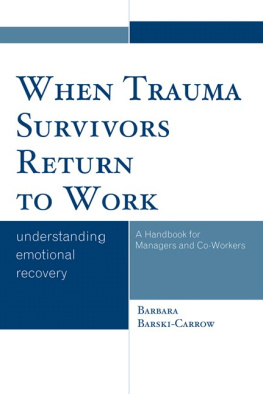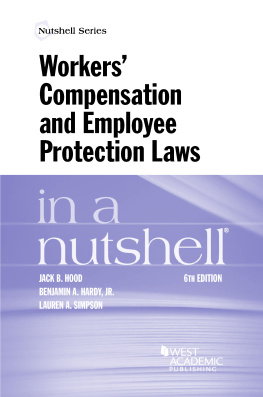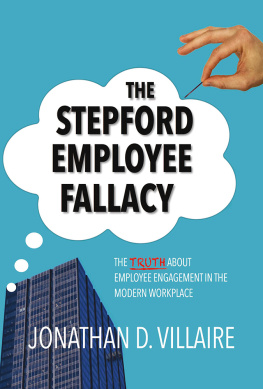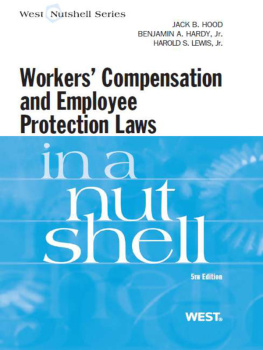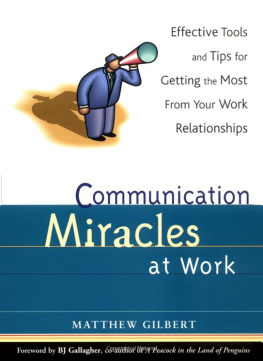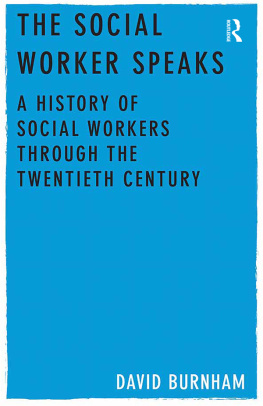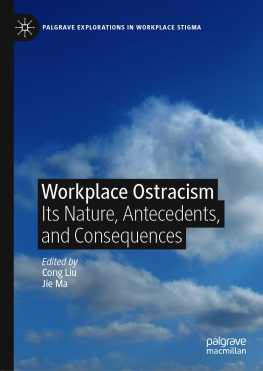Acknowledgments
I am grateful to many people who have helped me navigate this road of authorship, those who continue to support my research and work. First of all, my agent Diane Nine has not only helped me with the fine points of writing and structure, but also her sense of humor and integrity. Her skill grounded me in this project and she was always available to talk to me about my concerns. My associate editor, Brooke Bascietto, demanded from me a commitment to excellence, for which I am grateful. She also helped me navigate this road with creative ease. Samantha M. Kirk, my acquisitions editor, was available to speak with me on questions relative to the process. To her I am appreciative.
My all inspiring friend, Helen Thomas, provided frequent conversations that were invaluable to me on this journey.
I am deeply indebted to Dr. Louis Savary and Dr. Patricia Berne, who have helped me hold the vision for my book and continued to encourage me with patience and a guiding hand. This book would not have materialized without them. I cherish their professional support and their friendship. Lou studied the complete manuscript and spent many hours editing, reviewing and rearranging the text for publication. His insights and suggestions helped the book become a whole. Pats contribution to the insight of survivors and their psychological dynamics greatly enhanced the overall content of the book.
Dr. Dory Hollander is a savvy and intuitive advisor and friend, who provided a wealth of wisdom and encouragement. Dr. Constance Condrell, a friend and mentor has taught me to keep an open mind and always examine all alternatives.
Over the years, as the manuscript went through its genesis and gestation, many friends and colleagues have helped bring it to life. My dearest and best friend, Mary C. McDonnell, continued to encourage me and love me throughout this project always uplifting my spirits and keeping my thoughts focused on the result I wanted to accomplish. Mary has been, and remains, my partner in creativity.
Among these wonderful and constant friends is Dr. Phyllis OCallaghan whose voice continued over many lunches to resonate throughout all of my research. She encouraged me when the road got rough and I got weary, and she helped me to realize the finished product. Also, Dr. Elizabeth (Betty) Duke served as a mentor and role model for excellence, knowledge and learn-ing--there is none better. Betty has been an inspiration to me throughout my career and professional growth.
I would like to recognize Dr. Harold Stubblefield, professor, scholar and friend. He believed in my golden nugget and guided me with wise feedback as I developed my research. Other faculty members at Virginia Tech (Virginia Polytechnic Institute and State University) who played a role in my research experience are Dr. Jerry Cline, Dr. Ronald McKeen, Dr. Marcie Boucouvalas and Dr. Gabriella Belli.
I would also like to thank Dr. Robert Neimeyer, a colleague, friend and mentor who supported my research and work. After Bob heard me speak at a conference, he paid me the greatest compliment by referring to my research and using my work in his lectures. His steady hand and illuminating ideas were always valuable to me in collaborating with him on issues relative to the next phase of working with trauma and grief in the workplace.
I am grateful to my colleagues at the Department of Health and Human Services (HHS) in Washington, DC a heartfelt thank you for their commitment to my research. All the participants who were interviewed and participated in the Study Circles helped me develop an educational model in the workplace like no other. The dimensions of learning were enormous with feedback from both employees and managers on how their behavior changed after participating in the Study Circles. My supervisor, Barbara Aulenbach, is a wonderful friend, mentor and partner in the process. She provided advice, friendship and love of wanting to make a difference in peoples lives. She whole-heartedly supported my work in creating a more compassionate and enlighten workplace environment for traumatized workers.
Friends in Virgin Gorda (British Virgin Islands) were always there to support me when I wanted to take a break from writing. Dr. Jeanne Dalton and Rita Kallman shared many cups of coffee and lunches with me and Pat and Nelson Tyler read the final manuscript offering their support and encouragement.
My colleagues at ADEC (Association for Death Education and Counseling) gathered at many conferences and wanted to know the progress of my book and offered suggestions and support. I would like to recognize Dr. Janice Winchester Nadeau who had time to meet with me for lunch to discuss my book. She always returned a phone call no matter where she was in the world. I am thankful to Thomas Attig, whose unique approach to storytelling helped me to understand my work and make application in my writing. Dr. J. Shep Jeffreys model of workplace grief showed me another way of looking at workplace interactions. Linda Goldman, is a friend and colleague whose conversations on her work with children and grief helped me understand this importance application to my model.
I would like to thank The Study Circle Resource Center in Pomfret, Con-necticuttheir help in finding whatever I needed for my research along with the opportunity to meet and participate in the Study Circle Workshop offered immense growth and understanding to the process.
Spiritually one cannot embark on a project like this without the guidance from a friend or pastor. One of the people in this endeavor was Deacon Jim Purks of Georgia. Jims experience and work at the White House and with Habitat for Humanity brought a serene, calm approach to understanding the events of the universe. Our conversations relative to grief, healing and trauma lifted my spirits many times in this writing. The other person is my partner in perseverance and hope: Dr. Barbara Dane, a gifted therapist, writer, scholar and spiritual friend, she always called at the right time and offered nutrition to my soul and helped me to believe in my research and trust the universe.
To many of my friends along the way I want to thank them for their support and friendship who have heard my lectures and always wanted to know more about my research: Edward Badaloto, Marti Barrett, Virginia Bau, Jane Brown, Louise Betterman, Charles and Linda Cassell, Maryann Dera, Helen Dildy, Dr. Marian Egge, Patricia Froggett, Louise Frohling, Susan Hamilton, Peter Paul Jodoin, Dr. Elizabeth Johns, Jackie LaMere, Rosalie LaMonica, Elfie Lindquist, Ginnie McPeak, Dr. Karen McWilliams, Dr. Jacqueline Magness, Helene Markoff, Paul OLeary, Niki Pearson, John Potocki, Dr. Martha Redstrom Plourd, Dr. Elizabeth Roslewicz, Leslie Sorg Ramsay, Claudia Urban, and Renee Younes.
Also, my friend in London, England, David Charles-Edwards, who, through our emails and writings, has researched work on workplace grief. I would like to give a genuine thank you for his collaborations. To Jennifer Brengle and Edward Kowalczyk who kept my home running smoothly while I was writing and compiling the manuscript. I am truly grateful for their friendship and support. Kevin Spence, to whom I would like to thank for his keen eye and articulate manner, gave me excellent help and feedback on the final manuscript. His tireless efforts I applaud. I am grateful to Mary Founds for her friendship and support along with her wizardry with a computer. She was there right to the end giving me the support I needed to finish this process.
MY FAMILY
To my parents, Michael and Catherine for their love and support for my educational and life goals, especially my mother whose presence and voice I enjoy everyday. She helped me believe I could accomplish whatever I set out to do in my life. My father, his spirit is with me everydayhis gifts to me are too numerous to mention. I also want to thank my brother Michael and sister-in-law Bernadette and niece Lydia for their support, interest and encouragement.

